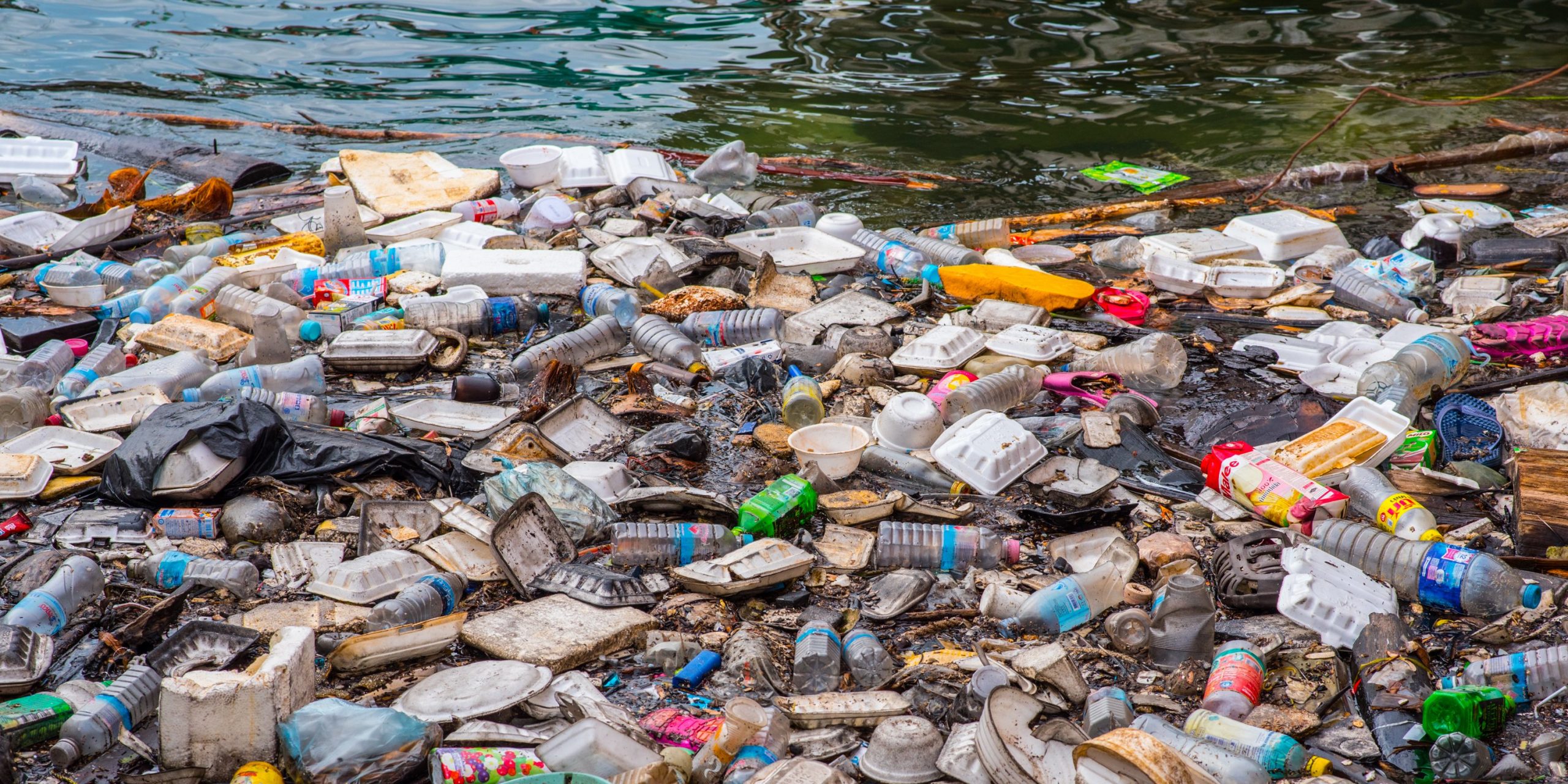Dr.Seema Javed
 Banks are co-responsible for the plastic pollution crisis, ignoring their customers’ outcry by indiscriminately funding the plastics supply chain. This was brought to light by Bankrolling Plastics Report , an assessment, carried out by portfolio.earth .A First ever investigation into the loans that global banks have provided to the plastics supply chain.
Banks are co-responsible for the plastic pollution crisis, ignoring their customers’ outcry by indiscriminately funding the plastics supply chain. This was brought to light by Bankrolling Plastics Report , an assessment, carried out by portfolio.earth .A First ever investigation into the loans that global banks have provided to the plastics supply chain.
Major banks have provided <USD 1.7 trillion (equivalent to Russia’s GDP) to 40 companies with significant involvement across global plastics supply chain since January 2015. There are no signs they are reducing this level of funding. Bank of America, Citigroup, JPMorgan Chase, Barclays, Goldman Sachs, HSBC, Deutsche Bank, Wells Fargo, BNP Paribas and Morgan Stanley account for 62% of the finance identified from US; UK; Germany; France; Japan; Spain and Canada.
| USA | Bank of America; Citigroup; JP Morgan Chase; Goldman Sachs; Wells Fargo; Morgan Stanley |
| UK | Barclays; HSBC; Nat West |
| Germany | Deutsche Bank |
| France | BNP Paribas; Societe Generale |
| Japan | Mitsubishi UFJ Financial; Mizuho Financial; SMBC Group |
| Spain | Santander |
| Canada | Toronto Dominion Bank; Royal Bank of Canada |
Robin Smale, Director, Vivid Economics said: “Bank lending to the plastics supply chain causes and contributes to pollution of the environment. Banks need to mitigate their role in enabling plastic pollution in a number of ways, for example, by aligning their lending portfolios with public policy on plastic reduction, reusability and recycling and ceasing the financing of new plants that use virgin feedstock to produce single-use plastic packaging”.
No single bank investigated has any due diligence systems or financing exclusions when it comes to the plastics industry, or is making lending contingent on efforts to reduce pollution. Plastic packaging pollution is now found from the deepest oceans to the top of Mount Everest. The Report says banks are not introducing any due diligence systems, contingent loan criteria, or financing exclusions when it comes to the plastics industry.

Gabriel Thoumi, CFA, FRM, Director of Plastics Programme and Financial Markets, Planet Tracker said: “Smart investors understand their investments’ supply chain risks. For the throwaway plastics industry – from production, to use, to end-of-life, smart investors accurately model environmental risks into their investment strategies”.
Persistent harmful pollution from plastic packaging has now reached every corner of the planet from the deepest oceans to the top of Mount Everest with ingestion of plastic killing an estimated 1 million marine birds and 100,000 marine animals each year. The average person eats about 70,000 particles of microplastic a year.
Zach Boakes, Co-Founder of North Bali Reef Conservation said: “Plastic pollution is a huge issue in north Bali, Indonesia because single use items have replaced natural, biodegradable materials in recent decades. Despite the tireless efforts of community groups and NGOs, most plastic ends up being burnt or dumped into local rivers, polluting local fragile ecosystems. We need banks to end their financing of the plastic industry for the sake of young people and local communities in Bali and across the rest of the world.”
Bankrolling Plastics, a first-time ever investigation of the finance provided to key companies along the plastics supply chain has found that major banks are lending vast sums of capital without making any effort to address the plastic pollution crisis.
The assessment, carried out by portfolio.earth, found that between January 2015 and September 2019, 265 major banks provided loans and underwriting of more than USD 1.7 trillion, or USD 790 million per day, to 40 companies across the polymer, packaging, FMCG and retail industries, all key actors in the plastic packaging value chain. Twenty banks, mostly from the US and Europe, provided more than 80% of this funding (USD 1.4 trillion).
Also Read : Kashi craftsmen make gown for Rome
Also Read : Bird flu alarm in several states
This implies that banks are currently not taking any responsibility to understand, measure, or reduce the impacts of their loans within the plastics value chain.
The findings fly in the face of the public outcry over the serious impacts of plastic pollution. Governments and scientists agree plastic pollution has no analogue in human history. Each minute, a truck full of plastics ends up in our oceans.
Covid-19 has delayed efforts to curb the use of plastics, with the plastics and petrochemicals industry casting their services as ‘essential’, despite health experts agreeing that reusables can be used safely.
Bankrolling Plastics calls for banks to mitigate their role in enabling plastic pollution, along with a fundamental shift away from business. It also asks the Governments to stop protecting banks and re-write the rules of finance to hold banks liable for the damage caused by their lending. It asks for Companies adopt international best practice to reduce the production and use of virgin plastic and increase the reusability of plastic packaging products.
Liz Gallagher, portfolio.earth said: “Banks have fallen far behind the crowd of other actors that contribute to the plastic pollution crisis. They have developed a limited number of policies on fossil fuels and forest products but nothing on plastic”.
(Author is Environmentalist, Independent Journalist& Strategic Communication Consultant)
 Jubilee Post News & Views
Jubilee Post News & Views




